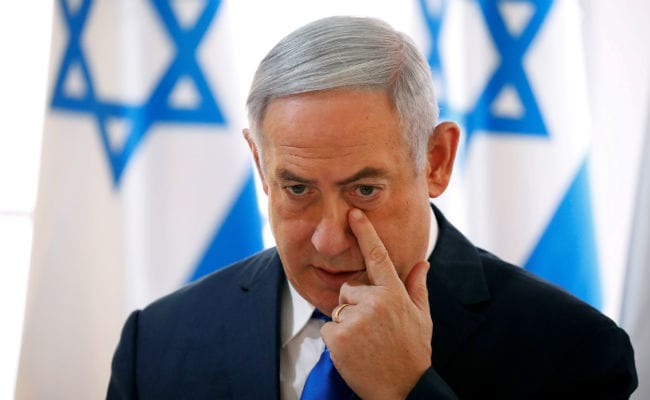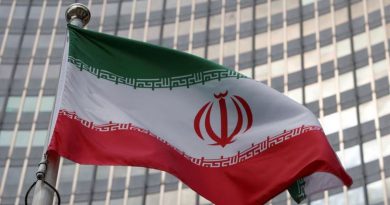Israeli hostage families angry after meeting with Netanyahu
Jerusalem (Reuters) – Israeli Prime Minister Benjamin Netanyahu met families of returned hostages on Tuesday in an encounter that some of those present described as loud and angry.
The meeting came as fighting has resumed in the Gaza Strip following a seven-day pause that saw the return of more than 100 hostages from the enclave. The fate of 138 captives who remained behind is still open.
“I heard stories that broke my heart, I heard about the thirst and hunger, about physical and mental abuse,” Netanyahu said at a news conference. “I heard and you also heard, about sexual assault and cases of brutal rape unlike anything.”
Several of the relatives who attended the meeting left bitterly critical of the government.
Dani Miran, whose son Omri was taken hostage on Oct. 7 by Hamas gunmen along with around 240 other Israelis and foreigners, said he felt his intelligence had been insulted by the meeting and had walked out in the middle of it.
“I won’t go into the details of what was discussed at the meeting but this entire performance was ugly, insulting, messy,” he told Israel’s Channel 13, saying the government had made a “farce” out of the issue.
“They say ‘we’ve done this, we’ve done that.’ (Hamas’ Gaza leader Yahya) Sinwar is the one who returned our people, not them. It angers me that they say that they dictated things. They hadn’t dictated a single move.”
The meeting had been intended as a forum for released hostages to tell ministers of their experience in captivity. A group representing hostage families issued a series of unnamed quotes it said were taken from remarks made by some of the former hostages at the meeting.
The quotes told of mistreatment meted out to the captives by Hamas but the encounter was overshadowed by the emotions of families worried by the fate of relatives still being held.
“It was a very turbulent meeting, many people yelling,” said Jennifer Master, whose partner Andrey is a hostage.
Israel says a number of women and children remain in Hamas hands, while families with adult male relatives in captivity have been calling for them not to be forgotten.
“We are all trying to make sure our loved ones get home. There are those who want the women who are left or the children who are left, and those who say we want the men,” Master told Israel’s Channel 12.



